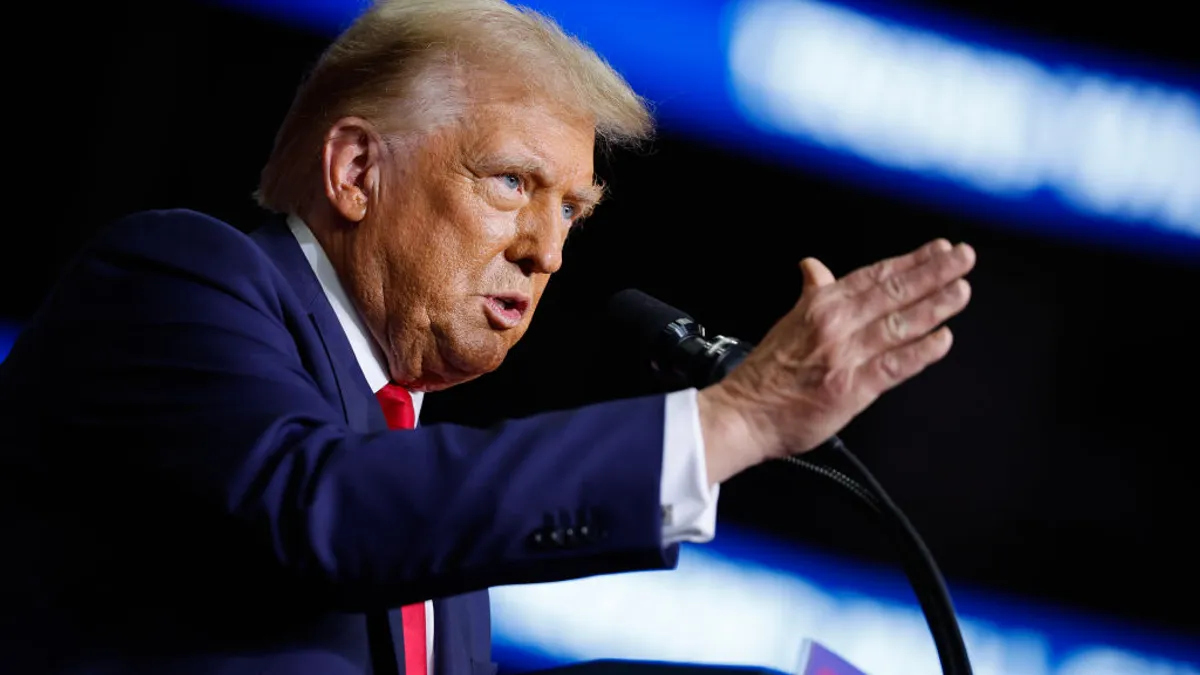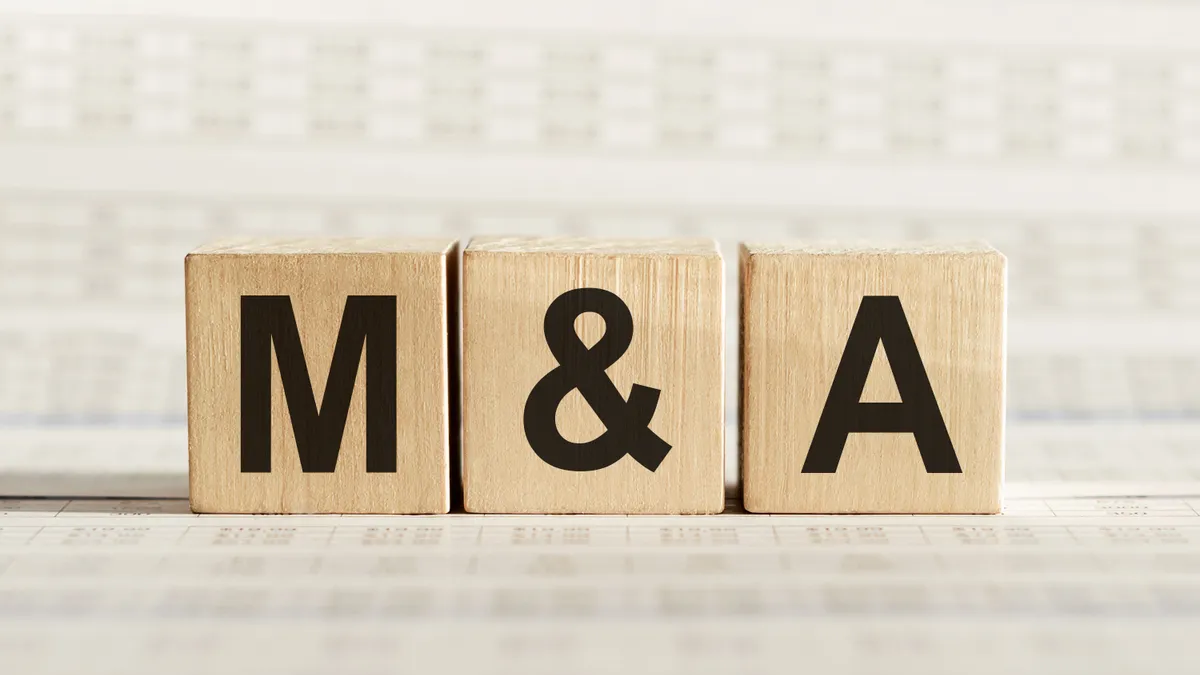The Federal Reserve’s granting BNY Mellon the ability to take custody of clients’ crypto assets is an example of the regulator showing favoritism toward an incumbent financial institution, digital-asset bank Custodia Bank said in a court brief it filed Wednesday.
BNY Mellon announced this week it was set to begin receiving clients’ cryptocurrencies, the culmination of an initiative the bank rolled out in February 2021 to develop a multi-asset digital custody and administration platform to hold, transfer and issue crypto on behalf of asset-management clients.
The move positions BNY Mellon as the first U.S.-based systemically important financial institution (SIFI) to store digital currencies and allow customers to use one custody platform for traditional and crypto holdings, the bank said.
Dollar and digital bank Custodia, which has been waiting 2½ years for a Fed master account, sued the Federal Reserve in June over what it claims is an “unlawful delay” in processing its application.
The Fed’s own standard form agreement states the process should take five to seven business days, the Wyoming-based bank alleges in the complaint.
BNY Mellon’s announcement Tuesday spurred Custodia to file a supplemental brief, urging the court to take notice of the development, claiming it “aligns precisely with the allegations of favoritism” Custodia raised over the summer.
While participating as a panelist at DC Fintech Week, Custodia Bank CEO Caitlin Long addressed BNY Mellon’s crypto announcement and accused the Fed of hypocrisy.
"You will see a filing from my company in that lawsuit pertaining to the announcement this morning because the Federal Reserve filed filings last week talking about the risk to the financial system from crypto and then today a Federal Reserve-supervised bank holding company enters crypto," Long said. "We've been waiting two and a half years to do that.”
Custodia, formerly known as Avanti, was granted a special-purpose depository institution (SPDI) license in Wyoming in 2020, and is seeking access to the Federal Reserve’s banking system for clearing U.S. dollar transactions without having to use an intermediary bank.
The bank said access to a master account is vital to its ability to operate effectively and efficiently.
Referencing a report the Fed released last month in which it warned of the risks and challenges digital assets pose to the financial system, Long said BNY Mellon’s crypto announcement showcased the regulator’s lack of consistency.
“Look at what the Fed actually said last week versus what it did today,” Long said.
In its lawsuit, Custodia said BNY Mellon’s announcement directly refutes the Fed’s argument that “allowing banks with master accounts to provide custodial services for digital assets poses systemic risks that warrant additional evaluation, thus justifying indefinite delay.”
The move is an example of the Federal Reserve “picking winners and losers," tweeted Tyler Lindholm, state policy director for Sen. Cynthia Lummis, R-WY, whose office is spearheading legislation that would create a regulatory framework for digital assets.
"They 'picked' the oldest bank in the U.S. to custody but have blocked Fintech startup banks in Wyoming," said Lindholm, a former co-chair of the Wyoming Blockchain Task Force.











